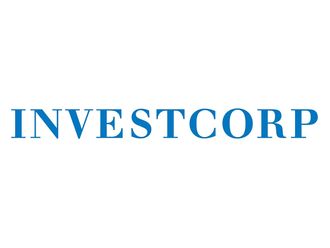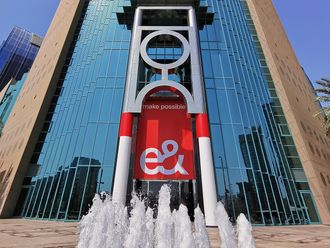London:
A sharpened focus on shareholder value by European companies may serve as a tailwind for already-improving fundamentals.
While European equity markets outpaced much of the developed market competition in 2017, a bout of global volatility in the first half of 2018 dampened their momentum. This sluggishness likely will be temporary, however, as valuations appear attractive given Europe’s broadening and accelerating economic recovery and improving corporate earnings growth.
In addition, there are signs that European corporate management teams are beginning to embrace the shareholder-friendly initiatives that have long been commonplace in the US, a trend that has the potential to unleash even greater profit growth on the Continent. This “low-hanging fruit” could sustain Europe’s equity market outperformance relative to the US We’ve seen evidence of this most notably in the areas of shareholder activism, specialisation and mergers and acquisitions.
Shareholder activism
Activist investors typically encourage companies to take actions to unlock shareholder value. These suggestions range from operational improvements to capital allocation to the replacement of board members/management and the sale of the company. Though activist investing is widespread in the US, such engagement has been less prominent in other markets, including Europe, where activism has long been hamstrung by legal and cultural challenges. However, with both profit margins and equity valuations at highs in the US, many activist investors have turned their sights to the Continent, with recent initiatives targeting large European companies such as Nestle, Unilever, BHP Billiton and Volkswagen.
While the cultural mainstreaming of shareholder activism in Europe may take time, the legal impediments to such behaviour have begun to ease. For example, in 2017 the European Union revised its Shareholder Rights Directive explicitly to encourage both long-term engagement by shareholders and increased corporate transparency. We expect that these and other new rules will further embolden investors, potentially unleashing a new wave of shareholder-friendly actions by companies — either in reaction to or in anticipation of being targeted by activists.
Diversified companies are often valued at a “conglomerate discount”, as they tend to include divisions that are of interest to investors alongside those that are less compelling. Demerging such companies — whereby it is split into a series of smaller, more focused businesses — can add value via both the elimination of this discount, and by enhancing the ability of the independent division to grow, invest wisely and attract talent.
European companies in general have been much less aggressive than their US counterparts in creating value for shareholders this way (with Siemens of Germany being a notable exception). There are signs of a recent change in mindset, however, and data from the US lend support to the benefits European investors could reap from this trend. The Bloomberg US Spin-Off Index — which tracks the performance of companies that have been spun off from their parent with at least $1 billion in initial market capitalisation for their first three years of independence — achieved an annual return of 17 per cent for the 15 years ended December 31, 2017, compared to the 7.7 per cent return of the S&P 500 Index. In 2017 alone there were 19 spin-offs worth about $76 billion (Dh279 billion) in initial market value, driving a total return of 35 per cent for the Spin-Off Index, compared to 21.8 per cent for S&P 500.
Mergers and acquisitions
Global M&A activity fell sharply in the aftermath of the financial crisis but has since rebounded, driven primarily by activity in the US and Asia. But while M&A appears to have plateaued near 2007 levels in these two regions, activity in Europe remains well below its 2007 peak. Europe’s share of global volume hit a six-year high in 2017, however, and early data suggest that 2018 is likely to be another strong year for M&A.
This increase in European M&A is driven by several factors, including the opportunity to acquire underperforming targets and generate returns by extracting cost efficiencies, the desire of companies to build scale within their core competency, and the need to make large-scale investments in technology. Smaller companies are the most likely targets in M&A transactions, as purchases are easier to finance for the acquirer. With interest rates already rising in the US, European management teams may be considering acquisitions in the near term while low-cost funding is still available.
More focused
While investor sentiment toward European equities off late has been buoyed by improving economic indicators and market fundamentals, an ongoing shift in the corporate mindset may suggest an outlook that could be even more positive. We believe that managements’ emphasis on shareholder value and the transition toward more focused, resilient businesses may serve as an additional tailwind for valuations in European stocks on top of a recovering economy and rebound in corporate profits. This environment would favour active, flexible investors in European equities able to take advantage of opportunities across the market-cap spectrum.
— Benjamin Segal is the head of global equity team at Neuberger Berman












